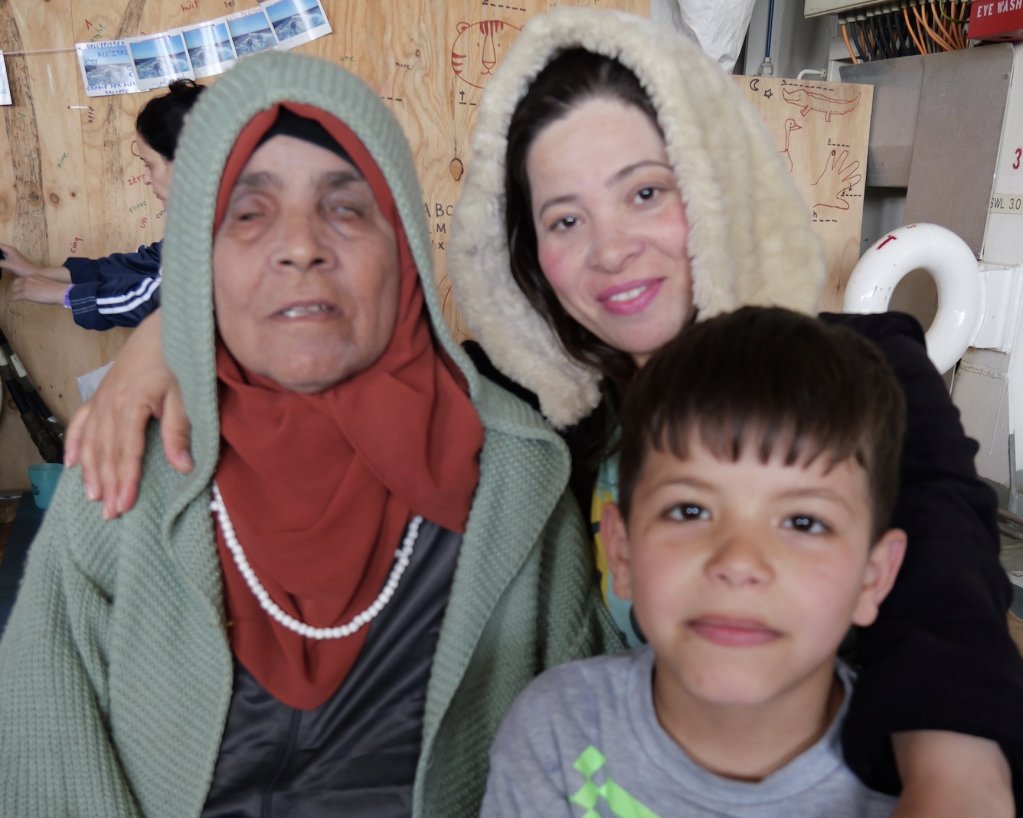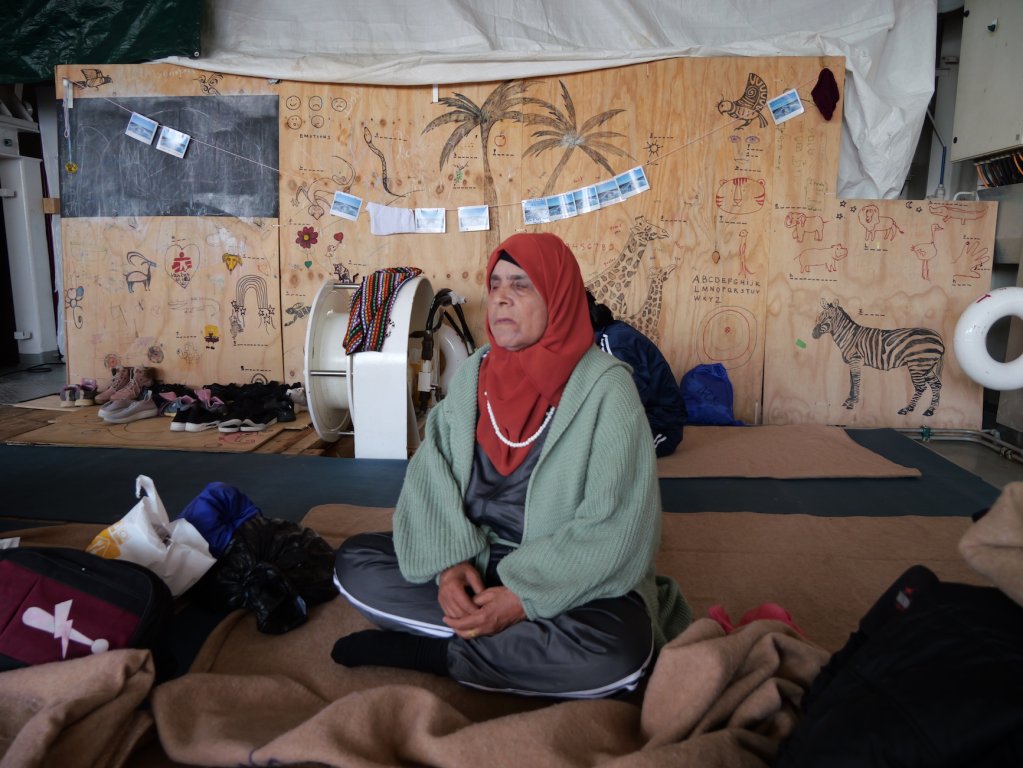Nour, a mother from Syria, shared her story with InfoMigrants while aboard the Geo Barents rescue ship. Over the course of seven months in Libya, she, her young son, and her blind aunt were subjected to inhumane and degrading treatment. At the infamous Abu Salim prison, they were forced to drink sewage water. The family attempted to cross the Mediterranean Sea five times.
I am Syrian, from Daraa. We left Syria on May 10, flying to Libya. We landed at Benghazi airport and were then transferred to Tobruk. We stayed there for about a month and 17 days. After that, they sent us back to Benghazi where we stayed for another month and 13 days.
We were staying in an apartment, then transferred to Sabratha, where we stayed for seven months. During those seven months, we suffered a lot trying to cross the sea. We tried five times. One time, we spent 17 hours at sea before being sent back.
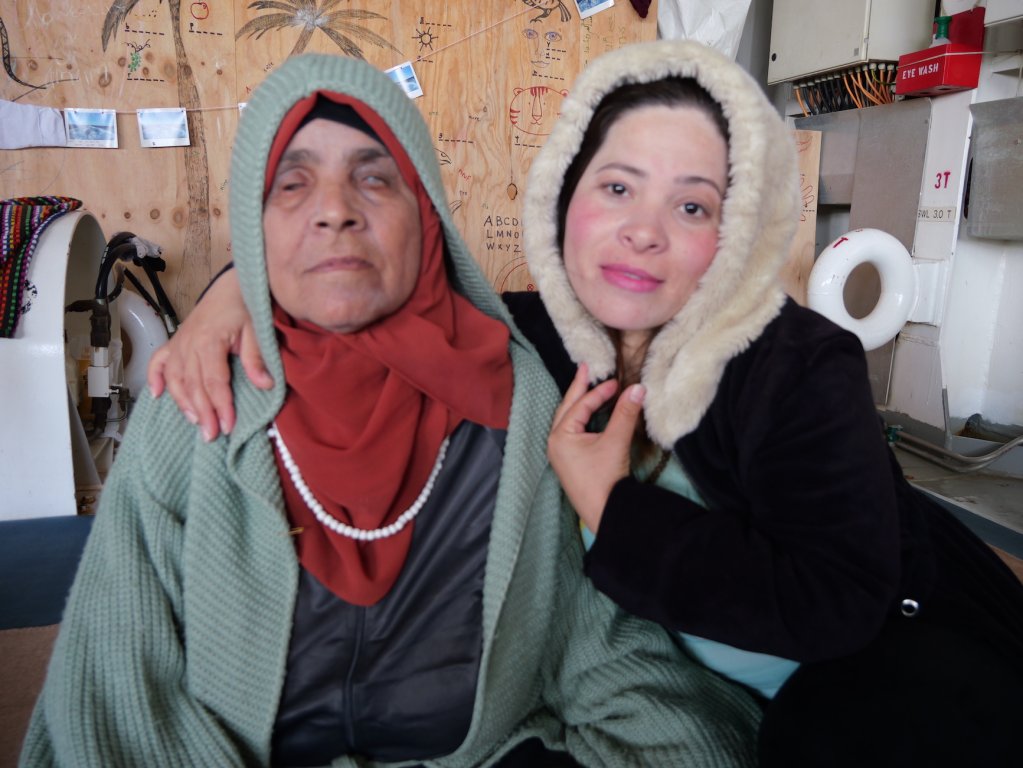
The Libyan government intercepted us. Another time, we spent 30 hours at sea before being intercepted by Libyan government forces and sent back. Once, we spent 13 hours at sea before being intercepted again…They spoke to us very rudely and exploited the young people.
Detained in Abu Salim prison
They imprisoned us in the Abu Salim prison for women. The treatment in this prison was very bad. There were women guards working with the Libyan government, but their treatment was also very bad.
They never gave us food and treated us poorly. In 24 hours, they only gave us a piece of bread, and no water was available. We drank from the sewage water connected to the toilets. When we asked for water, they said if you have money, we'll give you water.
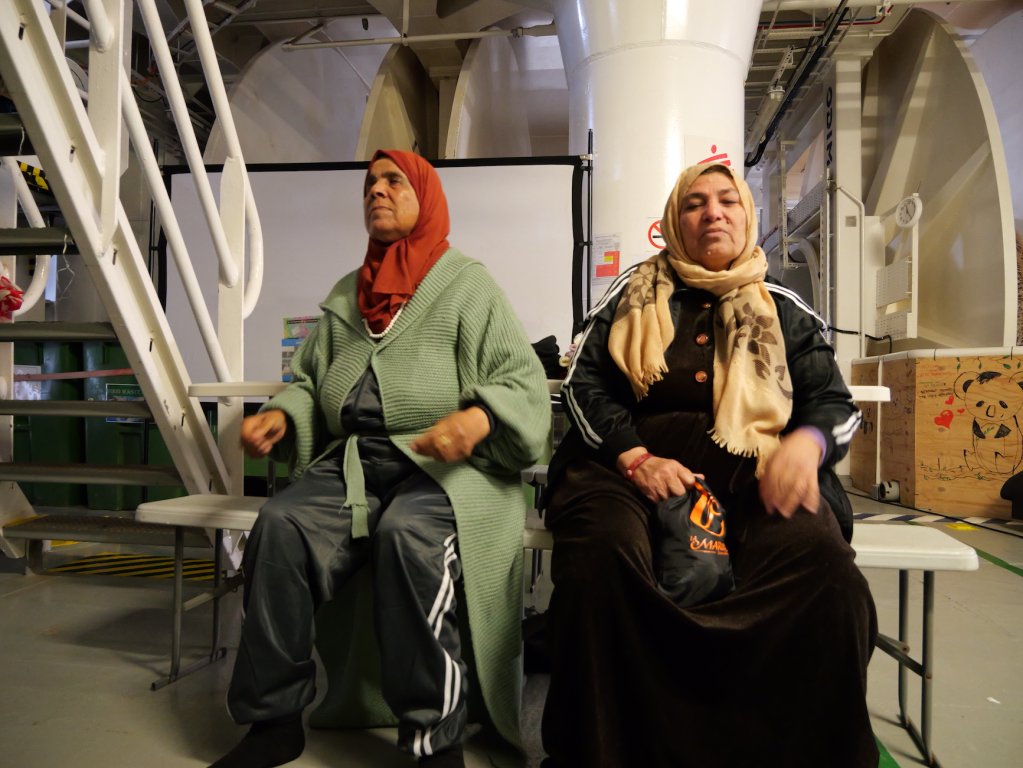
The inspection was strict, they had cameras and they filmed us. They stripped us of all our clothes, took our phones and the money we had with us...They exploited the circumstances when we were inside. For example, if you wanted to buy a sandwich from outside, and the price was five dinars, you had to pay 50 dinars.
The guard would tell you that she could exchange 100 US dollars for you. If the exchange rate in Libya at the time was 650 dinars for 100 dollars, the prison guards for example would exchange the 100 dollars for only 400 dinars.
When we needed medicine, there was none. There were cases of low blood pressure and diabetes and there was no medicine to treat them. The psychological condition of the women in prison was very bad. There was no water for bathing…If we spoke, they threatened to put us in solitary confinement, we had to remain silent.
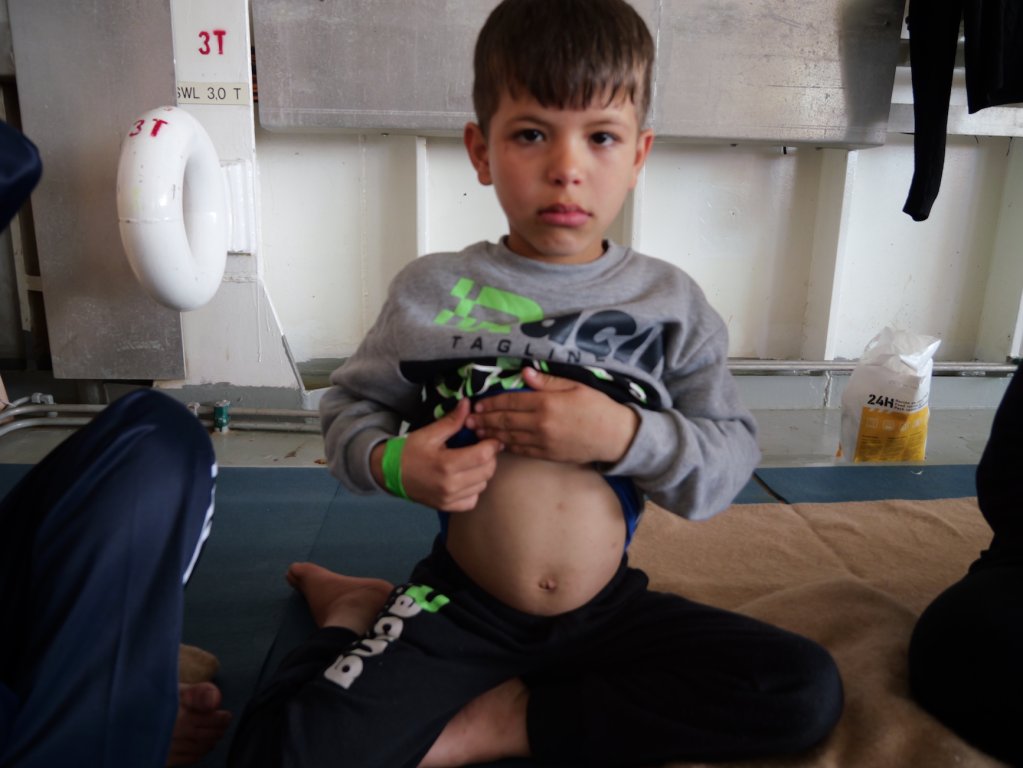
We were treated in the worst ways. Where are our rights? We are Syrians who fled from war. When we asked them about the reason for this treatment, they said that 'no one asked you to come to Libya' and 'why are you trying to cross the sea? This sea is ours, they said, and this is considered illegal migration. If you pay more money, they will release you from prison. If you don't pay, you will remain imprisoned.
'Pay 4,000 dollars or you stay in prison'
For us, we didn't have any money. We left (Syria) as a family to seek treatment for my aunt who was injured by a shell in Syria and she can't see.
Currently, my husband's uncle is in the Bir al-Ghanam prison. His name is Saffi Kareem. There are many Syrian young men and boys in Bir al-Ghanam, around 700, they are treated terribly. Most of them have diseases and allergies and they don't have food. It's the worst treatment. Either you pay 4,000 dollars or you stay in prison. These people cannot afford to pay.
We left the war in Syria and came here after displacement but we didn't receive any help. They exploited us... We came from war, we are Muslims just like them (Libyans), but that didn't many any difference to them.
But thank God, this time God helped us. The Doctors Without Borders' ship was nearby in Libyan waters. Despite the high waves, they rescued us and brought us to safety. We are currently still at sea aboard the Doctors Without Borders ship, but now we feel secure.
*The name of the person in this article has been altered
*This series is based on an investigation conducted between February and May 2024 across Germany, Italy, and the Central Mediterranean. The investigation included a period on board the Médecins Sans Frontières (MSF) search and rescue ship, the Geo Barents, from January 30 to February 10. InfoMigrants was unable to independently verify the personal testimonies provided by migrant individuals. Arabic-English translator: Rama Jarmakani

